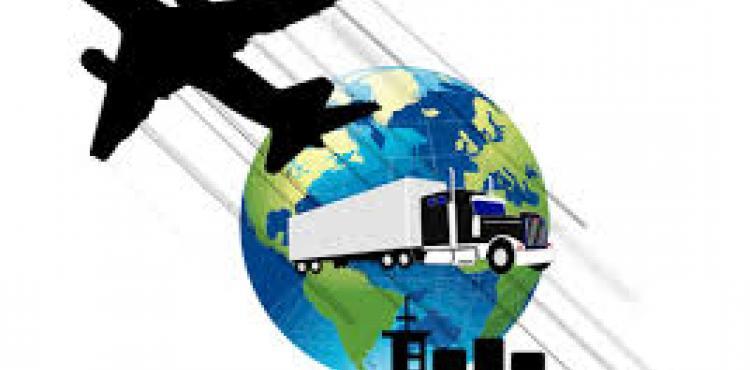
EU’s Transport Commission guidelines affirm it’s crucial to ensure the aerial transport of the basic goods; Member States are exhorted to support said air transport operations during COVID-19 crisis. Basically, it all revolves around recommendations in favour of operational and organisational measures ensuring the maintenance of the flows of essential transports, starting with medical supplies and health professionals. It ranges from the invitation to release temporary traffic rights for additional operations of goods transport from non-EU areas with passenger aircrafts, normally subject to restrictions, to the temporary removal of night closures and the restrictions of slots in airports, including the utilisation of passenger aircrafts only for the transport of goods. It is also fundamental, notes the Transport Commission, that airports have available an aerial handling such as to justify said special measures, the duration of which is connected to that of the health emergency caused by the spreading of the COVID-19.
According to the Commission, the aerial transport of the goods is pivotal for the EU economy and for the fight of Member states against COVID-19. European and global supply chains rely heavily on their functioning and the aerial transport of goods must consistently provide foodstuffs, medical supplies and other so-called “critical” products. “Aerial transport of the goods represents 35% of worldwide trade by value and it’s a fundamental element of freight transport, which enables the subsistence of global supply chains of most high-value materials, and therefore constitutes an essential complement to ground and sea transportation” Adina Vălean, EU’s Transport Commissioner, explains. “As a consequence,” she adds, “we are issuing concrete measures to keep these services ticking over, also with regard to passenger aircrafts”.